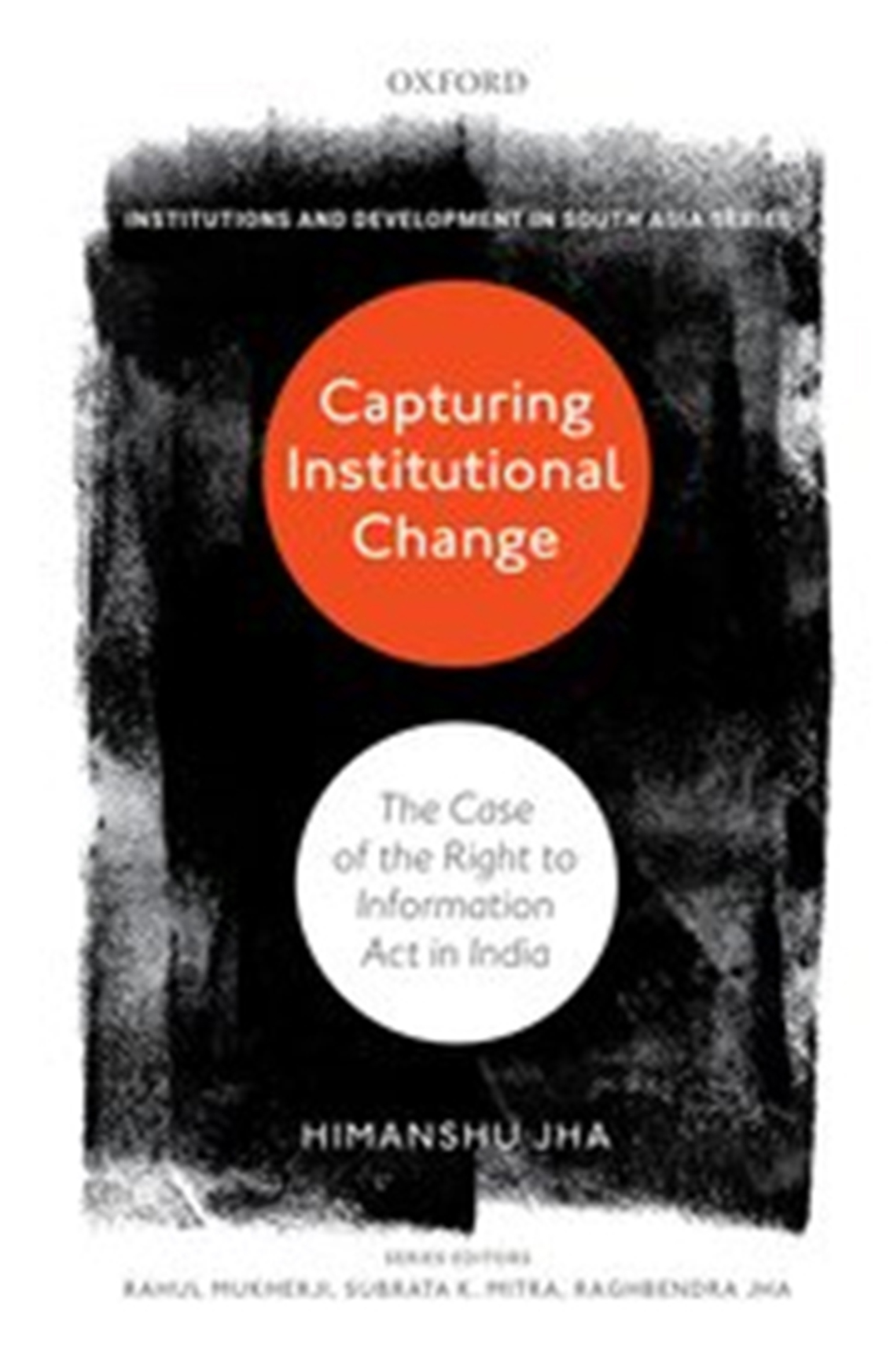Adetailed and well laid/mapped trajectory of the passage of the Right to Information (RTI) Act, 2005, in India, this book can be read in three parts through clustering the five detailed chapters apart from the introduction and the conclusion: the role of ideas and multi-layered process of institutional change, the complementary relationship between the state and the society along with the emergence/contributions of the epistemic community and the role of global norms and localization of the RTI in India, in other words the ‘glocalization’ of the information regime.
The first part delves into understanding the ideational churning or exchange of ideas and emerging dialogues amongst political mechanisms towards institutional change. The duality and dilemma of ‘openness’ versus ‘secrecy’ of the functioning of the state soon after India achieved Independence is sketched out with nuanced details tracing the inception in two phases, from 1947 until 1989 and the early 1990s. The twin processes of emerging ideas soon after Independence and the ideational diffusion within the state explain that the trajectory of this institutional change was path-dependent. It is in this part that the author brings in the concept of ‘layered tipping point of institutional change’ convincing the reader through the first three chapters that the case of RTI in India was an incremental and gradual process of ideas which emerged from within the state.

